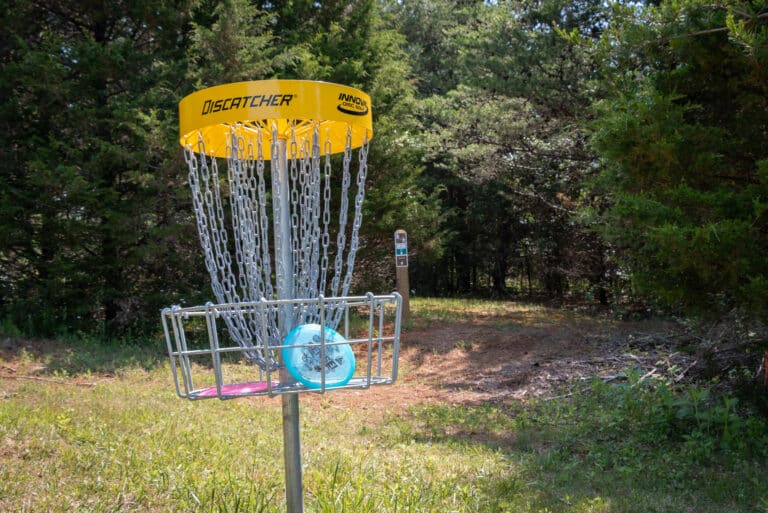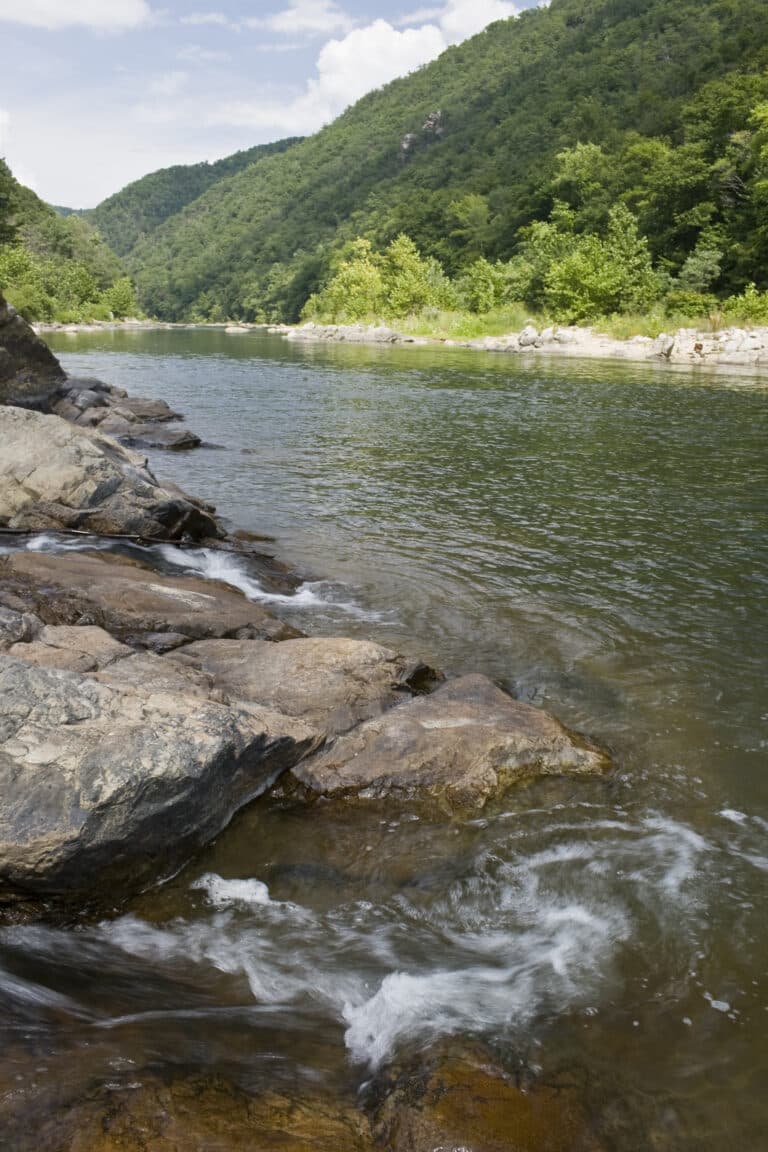Best New Music from the Blue Ridge and Beyond
Every month our editors curate a playlist of new music, mainly focusing on independent artists from the South. In October we’re highlighting new tunes from Shovels & Rope and American Aquarium.
American Aquarium
“Crier”
“It’s OK to be a crier,” howls American Aquarium leader BJ Barham in this twangy, punk-fueled banger from his North Carolina-based band’s new album, “The Fear of Standing Still,” which was produced by Shooter Jennings. The hard-hitting track makes a case for letting emotions flow, even in times when insecurity takes hold. – J.F.
Bootsy Collins
“Perfection”
Longtime funk icon Bootsy Collins might be a septuagenarian, but his musical libido still pumps hard. On “Pure Perfection,” the first single from his new record, “Album of the Year #1 Funkateer,” Collins channels a character he has nicknamed Bedroom Bootsy, and the sonic results are exactly what you would expect—sultry, erotic, and innuendo laden, with a bass riff that splatters through your speakers. Slap a disclaimer on this one: Collins shouldn’t be held responsible for anything that might happen after you and your partner drop the needle on this one. – D.S.
Will Overman
“Names”
Virginia tunesmith Will Overman offers a raw take on anonymous hook-up culture in this rootsy earworm released as a standalone single back in the summer. Written following a tough divorce, “Names” finds Overman sharing that random encounters can be discomfiting, while also admitting that a little human touch is hard to resist. – J.F.
Amythyst Kiah
“I Will Not Go Down (featuring Billy Strings)”
Tennessee’s Amythyst Kiah delivers anthemic lyrics of perseverance in this stomping acoustic tune that features a fleet-fingered guitar assist from Billy Strings. Kiah repeats the song’s title like a determined mantra while Strings lifts her fierce determination with nimble shredding. The track comes from Kiah’s new album, “Still + Bright,” which comes out October 25 and features additional guest spots from Butch Walker and S.G. Goodman. – J.F.
Grayson Capps
“Moody River”
The 16 songs on his new album, “Heartbreak, Misery, & Death,” are a collection of old folk tunes Grayson Capps heard being played by his father and his musical friends that, ultimately, charted the course of his musical life. This rendition of Doc Watson’s “Moody River,” performed by Capps and his longtime playing partner Corky Hughes, showcases the duo’s intricate guitar work and Capps’ resonant tenor vocals in what is a powerful homage to one of his greatest musical influences. – D.S.
Shovels & Rope
“Two Wolves”
The early work of Shovels & Rope, the husband-and-wife duo of Cary Ann Hearst and Michael Trent, followed a lean country direction, but on the new album “Something is Working Up Above My Head,” the group adds some rock edge to its minimalist approach. A standout from the record, “Two Wolves,” is a scuzzy, hypnotic blues jam with lyrics that explore tensions between good and evil. – J.F.
Wyatt Flores
“Don’t Wanna Say Goodnight”
The opening bars of “Don’t Wanna Say Goodnight” bring to mind a galloping posse crossing a dusty desert horizon. The ensuing crescendo of notes, punctuated by frenzied fiddle and crunchy electric guitar, swing the listener away from spaghetti western reverie and back to Wyatt Flores, the 23-year-old Oklahoma singer-songwriter who has quickly become a rising star in country music. So perfectly capturing the electricity of new love, Wyatt delivers, in both performance and songcraft, a mastery that belies his relative youth. – D.S.
The Old Ceremony
“North American Grain”
Singer-songwriter Django Haskins, longtime guitarist and frontman for Chapel Hill’s the Old Ceremony, didn’t touch the brakes during the forced slowdown caused by the pandemic. Haskins set to writing, cranking out some 115 new songs, from which he and his mates chose 11 to become the band’s new release, “Earthbound.” On “North American Grain,” Haskins weaves a metaphorical masterpiece; depending on what the listener hears, it could be an ode to love’s rise and fall or the demise of the agricultural South. Regardless of interpretation, Haskins beautifully captures the deep ache of something lost. – D.S.







